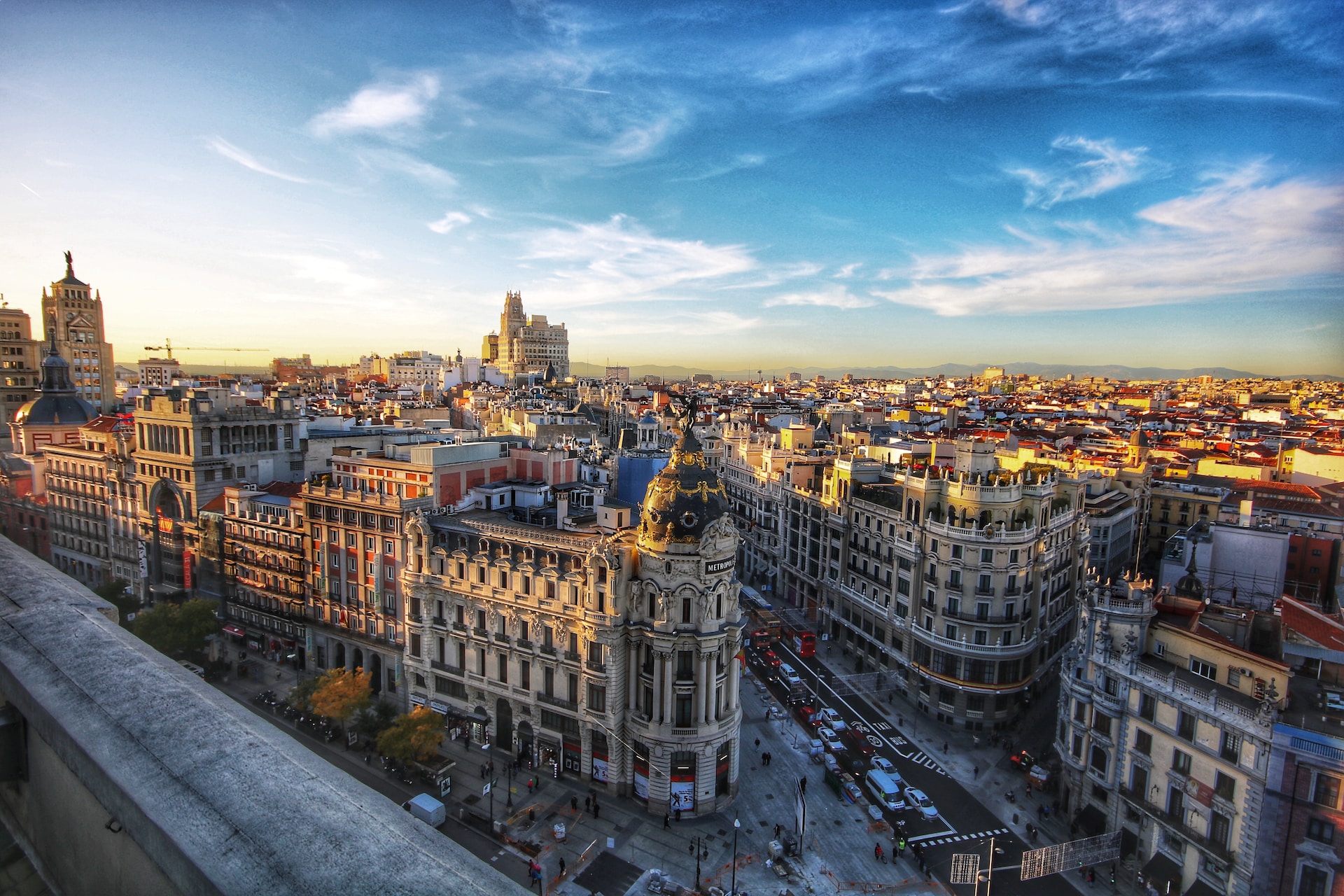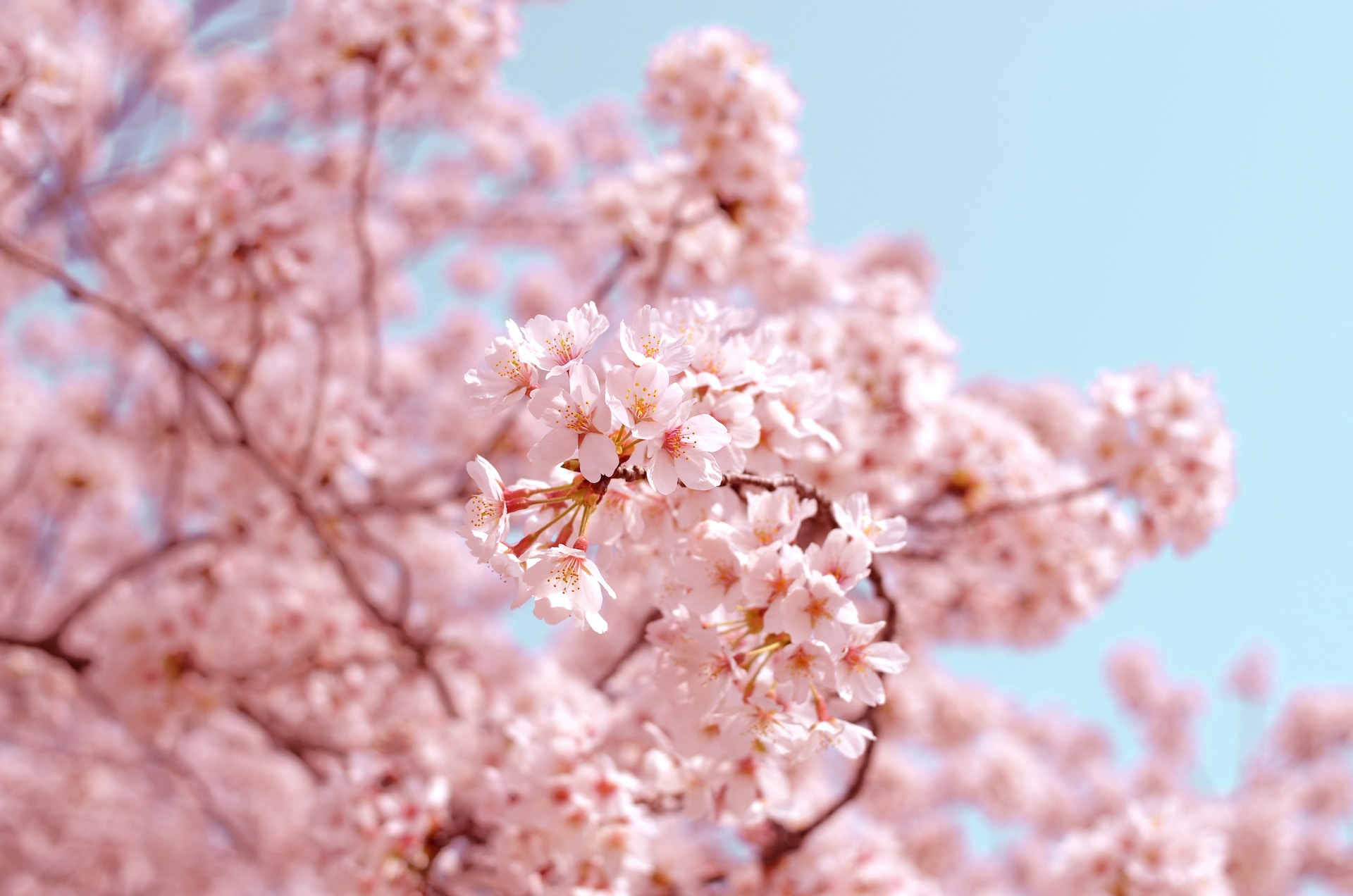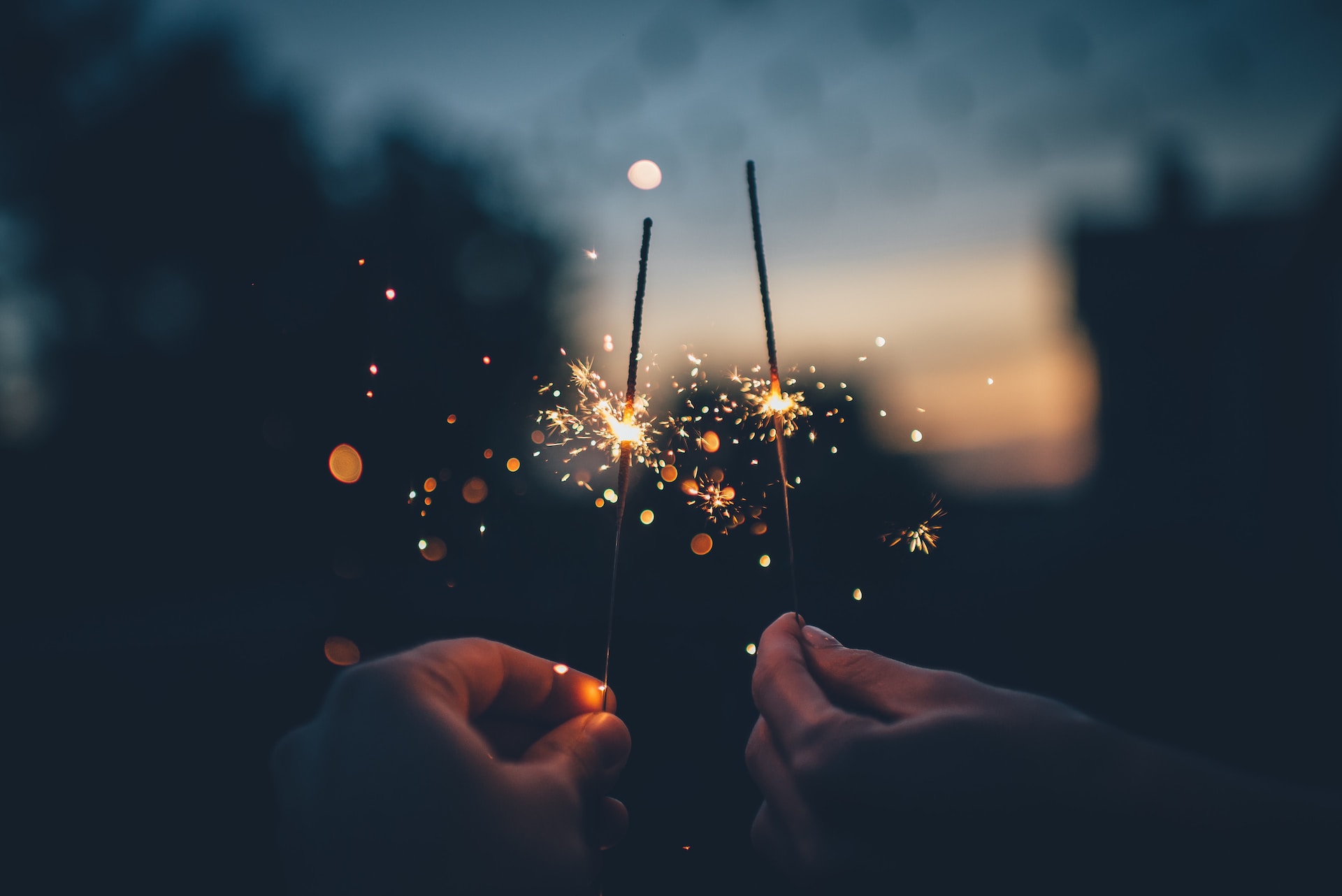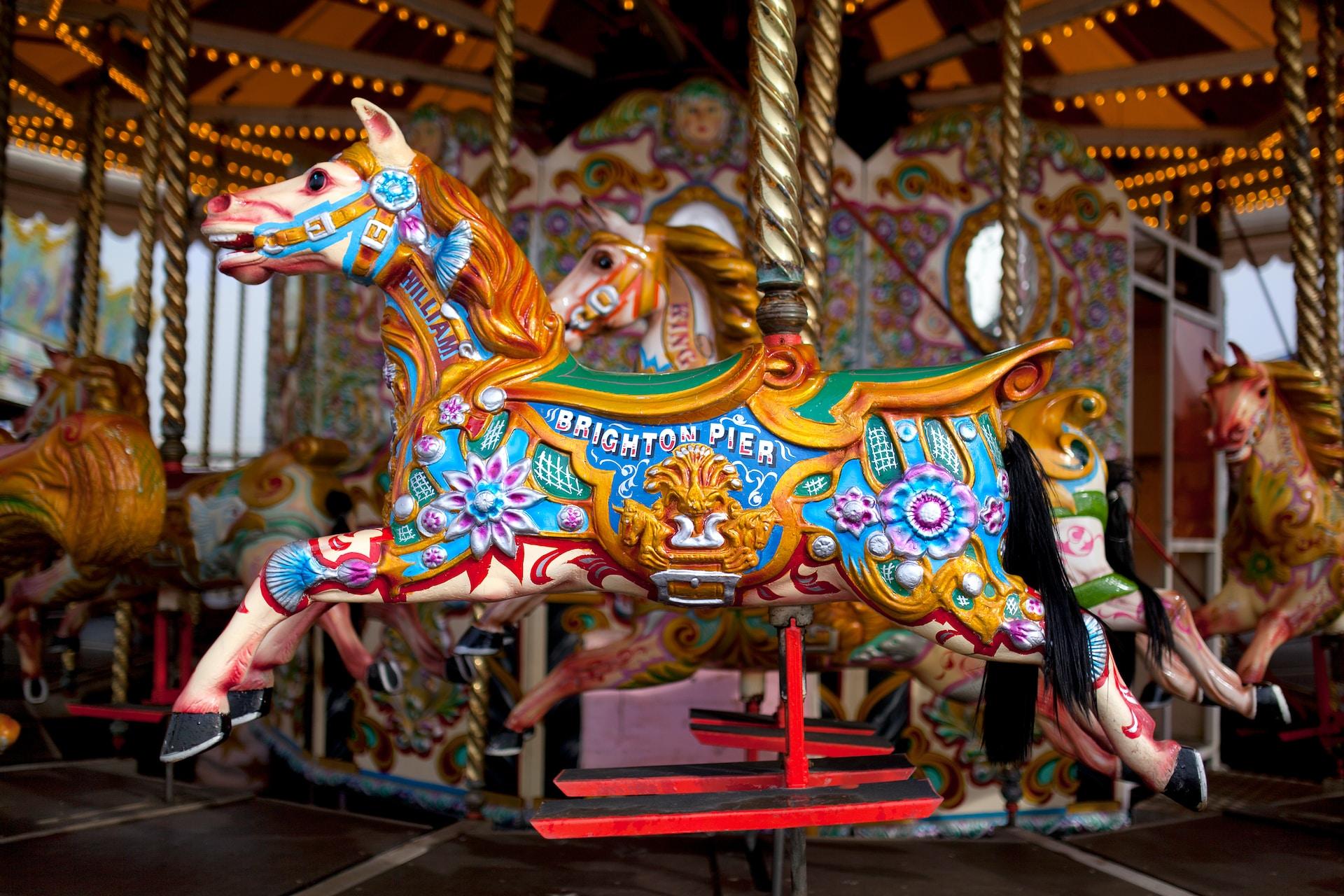10 Spanish Traditions to Discover and Try
You probably already know many of Spain's most international festivals that have been declared Intangible Cultural Heritage by UNESCO, so we would like to take you on a tour of other traditions that will give you the opportunity to get even closer to local customs. There's plenty to choose from and, as always, countless ways to fall in love with Spanish culture through its gastronomy.

Photo: Madrid, Spain
World Croquette Day
To whet your appetite, what better way to start this journey into 10 of Spain's lesser-known traditions than with a tribute to one of the country's most popular tapas. World Croquette Day has been celebrated every 16 January since 2015. The idea was launched by a restaurant in Madrid specialising in croquettes, and an increasing number of taverns, bars and big names gastronomy in the capital and other cities join in the celebration with a special recipe for the occasion. From boletus and Iberian ham to cured beef, cod, spicy mussels, garlic prawns, cabrales cheese, leek and carrot... and even chocolate!
Gastronomic festivities of the Cadiz Carnival
Did you know that a few weeks before the official start of the Cadiz Carnival you can enjoy some one-of-a-kind free tastings? These are the gastronomic fairs organised by carnival clubs and groups in well-known streets and squares of the city, where typical products such as pestiños, mussels, sea urchins, prawns, shrimp omelettes, oysters, papas aliñás and manzanilla de Sanlúcar de Barrameda are served. An unbeatable opportunity to appreciate the authentic flavor of the carnival.
Las Marzas in northern Spain
Do you want to experience how the beginning of spring used to be celebrated in the north of Spain? On the last day of February or the first day of March, in many towns in Cantabria, Asturias, Burgos, León, Palencia, Salamanca, Soria, Valladolid and Bizkaia, there is a folkloric tradition of singing the Marzas – popular songs dedicated to spring, nature and love – which usually end with tastings of typical products.

Photo: Cherry blossom
23 April: Reading of Don Quixote, books and roses
Among the events of International Book Day, celebrated every 23 April, is the continuous reading of Don Quixote de la Mancha, in shifts of about 10 minutes, for 48 hours straight. The reading that has been held at the Círculo de Bellas Artes in Madrid since 1996 is the pioneer. It involves the annual winner of the Miguel de Cervantes Prize and representatives of Spanish political, social and cultural life, along with anonymous citizens. The event, however, has spread to many other places such as Alcalá de Henares, Villarrobledo (Albacete), Jaén, Toledo, and more. On the same day, Catalonia also celebrates Sant Jordi, its patron saint, a festival that combines the celebration of the Book Day and Valentine's Day, when it is traditional for couples to give each other books and roses.
Horchata Day in Alboraya (Valencia)
5 July is a date to keep in mind if you travel to Valencia since you can join a unique festival centred around the traditional drink of the area: the delicious tiger nut horchata. The Guild of Artisan Horchata Makers and the Alboraya tourist office hand out thousands of glasses of horchata and “fartons”, a typical sweet bun to dip in this refreshing popular drink.
August New Year's Eve in Berchules (Granada)
After experiencing an electrical blackout on December 31, 1994 that prevented them from celebrating New Year's Eve, the inhabitants of the Andalusian town of Bérchules, Granada decided that they would repeat the New Year's Eve party in broad daylight, in the summer. This is how this peculiar event was born. Visitors and neighboring villages join every first weekend in August for this celebration which features all the Christmas traditions in Spain: grapes and even a Three Kings parade.

Photo: August New Year's Eve
Festival of Souls (Soria)
From 23 October to 1 November, the city of Soria is tinged with mystery. It does so to pay homage to one of the best horror texts in Spanish literature, the legend “The Mountain of Souls”, by Gustavo Adolfo Bécquer. The Festival of Souls is a real extravaganza that includes short horror stories performed in the ruins of San Nicolás, night-time parades and processions with torches and skeletons, live percussion and bagpipe music, fire shows – and the reading of Bécquer's story on the banks of the Douro River to close the festival, on the Day of the Dead.
Battle of flour, eggs and firecrackers in Ibi (Alicante)
The Flour Festival is celebrated every 28 December in Ibi, Alicante. The mayor hands over the reins to the “enharinados” or “floured ones”, who will be in charge of governing the municipality throughout the day and setting off a traditional battle of flour, eggs and firecrackers, where fun is guaranteed. The day culminates with a great dance in which the entire town participates.
San Silvestre Race
If you decide to celebrate the true New Year's Eve in Spain, in addition to the many Christmas festivities, you will have the opportunity to take part in a very entertaining sporting event. The San Silvestre race is an event that Spaniards traditionally attend with family, friends or work colleagues on the evening of 31 December, dressed up in Father Christmas hats or funny costumes. The San Silvestre Vallecana in Madrid is the most international and popular, but practically every city in Spain has its own race, usually with two routes – a popular one of about five kilometres and a more competitive one of ten kilometres.

